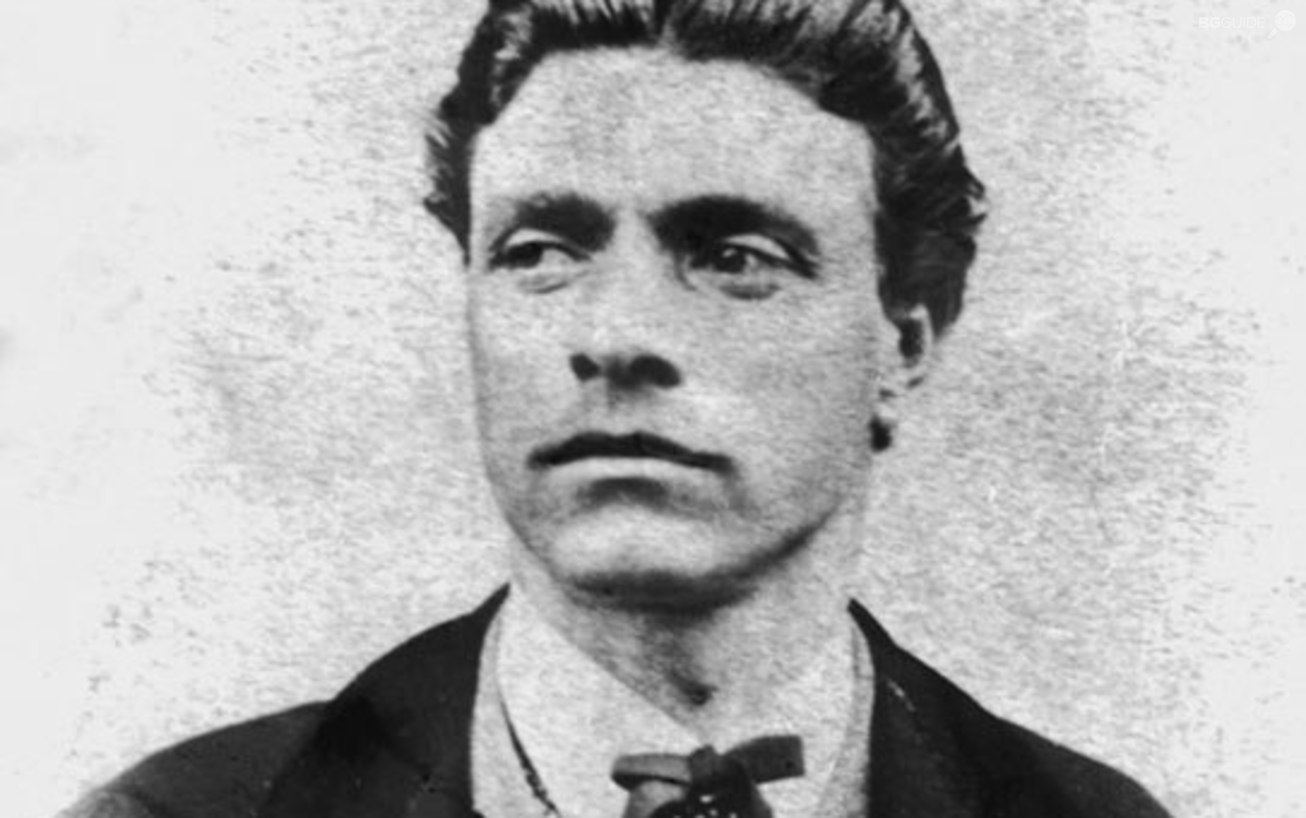
The Apostle of Freedom. "If I win, I win for the whole nation - if I lose, I lose only myself."
"Holy and Pure Republic."
The Apostle not only wanted to have an independence for Bulgarian, but also freedom and equality for everyone: “Our goal in Bulgaria is brotherhood with everyone, regardless of faith and nationality; we extend our hand to anyone who wishes to shed blood with us for life and human freedom.”
Apart from being a fighter for freeodm and a revolutionary, in 1864 Vasil Levski became a teacher in the village of Voinyagovo near Karlovo. There he worked until 1866. Today the school, which is in the churchyard of the church "St. Dimitry Solunski” has been turned into a museum for the history of the village. Levski leaves behind a huge documentary legacy in the form of letters, notes, poems, and notes. Some of the emblematic quotations of the Apostle are:
"If I win, I win for the whole nation - if I lose, I lose only myself."
“Time is in us and we are in time; it turns us, and we turn it.”
"We do not hope for anything from any side and we do not pray for anything for anyone. Everything consists, in our opinion, in our united forces. Even the strongest element cannot resist them."
We from the "Bulgarian Guide" will walk you briefly in the footsteps of the Apostle. Our starting point is his hometown - Karlovo.
Located at the foot of Stara Planina, the picturesque town of Karlovo is an important part of the life of Levski. Initially, he began his studies at the cell school, and a year later he moved to a mutual school in Karlovo, while at the same time, he was studying the craft of cafting. Levski lived and studied there until 1855, when he and his uncle left Karlovo and moved to Stara Zagora. Levski's native house has been turned into a house-museum as part of the National Museum "Vasil Levski".
The next stop, from our walk in the footsteps of the Apostle, is the town of Lovech, where the Vasil Levski Museum was established as part of the Regional History Museum in Lovech. It is situated in the Architectural and Historical Reserve "Varosha", where the houses have a typical folklore architecture from the Renaissance era and is included in the Hundred National Tourist Sites. The museum was established in 1954 and is dedicated to Vasil Levski, who made Lovech the centre of the Internal Revolutionary Organization.
The cities of Belgrade and Bucharest are also important for the history and revolutionary path of Vasil Levski. On March 3, 1862, he left for Serbia and took part in Rakovski's First Bulgarian Legion in the capital - Belgrade. At the beginning of 1867, together with the next movement of the Bulgarian emigration to Romania, Levski went to Bucharest, where he connected with Georgi Rakovski and on his recommendation was elected flag bearer of the detachment of Panayot Hitov.
On October 22, 1895, the monument of Vasil Levski was unveiled in Sofia. Since then, it has been among the most recognizable symbols of the capital. Traditionally, a memorial service for the Apostle is held there every year on February 19. The monument is among the first monuments build after the Liberation in the new capital and is located meters from the gallows of Vasil Levski, where he was hanged on February 6 (old style) 1873.
text: NTC "Bulgarian Guide"